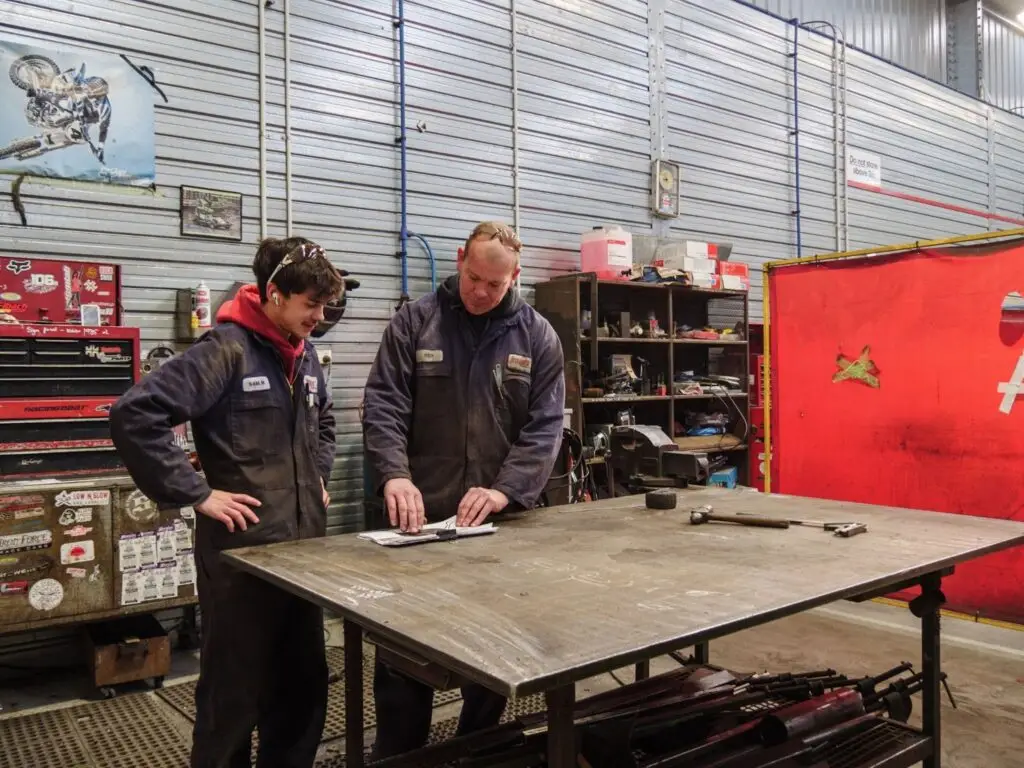e ngineering
a brighter future
NEWS

18 July 2025
Starting your engineering career with an apprenticeship is very exciting, but it can also be overwhelming, regardless of whether you’re stepping into the world of engineering for the first time or you have some experience to build off. So, what should a first-year apprentice know?
First, you should get to know what your apprenticeship will actually be like. We at ATNZ offer many programmes for aspiring engineering tradespeople, so it’s essential to look at the specifics of the one you’re interested in.
In general, you can expect the following:
You can improve your experience by making the right moves.
Have A Willingness To Learn: Continue To Learn Throughout Your Career. Engineering is a field that is constantly evolving, so there isn’t an endpoint – even people with years of experience still have things to learn.
Never stop striving to learn new things. Even after you finish your apprenticeship, you should still continue practising and studying. Life long learners are highly valued employees they drive improvements in processes and productivity at work..
Always Prioritise Health And Safety. Engineering tradespeople handle potentially hazardous materials, machinery and tools every day. You should absolutely always prioritise safety for yourself and your coworkers, even if you’re performing a task you do all the time. This is especially important for new learners who are just starting and who are unfamiliar with workplace hazards.
You will undergo a thorough health and safety induction before you start your training. We strongly encourage you to stay communicative during the process in case you need clarification for any rules or procedures.
Even just one mistake can cause severe damage. So, always follow procedures, wear your protective gear, speak up when you notice a problem and keep an eye out for yourself and others.
Master Your Everyday Schedule: Create A Strong Daily Routine. Being on time is a key driver of productivity. Whether that is being on time arriving at work, on time meeting clients, on time with your paperwork or on time completing you part of a project. Create a routine that works best for you and communicate that with your colleagues and boss. If you want to chat about some tips, tricks and tools then discuss with your account manager.
What should a first-year apprentice know? Here are some tips to help you succeed:
Follow Directions: Rules Are Rules For A Reason. There are many procedures you’ll need to follow as an engineering tradesperson, and you must develop techniques to clarify, understand and then follow directions. If you have questions or think certain steps are unnecessary, you can always ask about them and learn why they must be done.
Not following directions can lead to issues down the track including lost earnings for your employer and possibly injury to yourself or others.
Prioritise Communication: Listen, Speak And Collaborate. Communication skills are critical for engineering tradespeople because you’ll work with many people throughout your career. You may have to discuss a project outline with coworkers, or maybe you’ll need to explain technical information to a client who doesn’t know as much about engineering as you do. Reflecting on conversations or email exchanges that got the right result as well as those that didn’t helps you identify where you already have communication strengths and where there are things to work on!
Use Your Support Network: Work Together With Your Mentor And Peers. Engineering can be a difficult industry to get into, but you’re not alone. Apprentices may have the chance to work with a mentor on site, but your ATNZ Account Manager will be your main mentor, supporting your progress and helping you stay on track throughout your apprenticeship. If you have any questions along the lines of ‘What should a first-year apprentice know?’ Your mentor will be there to help.
Not just your mentor, either – remember that others will also be there to help. Speak with your coworkers and supervisors if you need support. You can also reach out to in-person and online study groups.
Every apprenticeship is a journey, and we at ATNZ are here to support you through every step. Visit our website to view the different programmes we have available.
Or, if you’re ready to start, you can book a chat at .
ATNZ: Kickstart your career with an NZ engineering apprenticeship.
